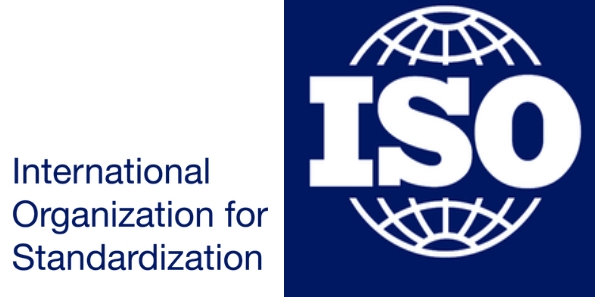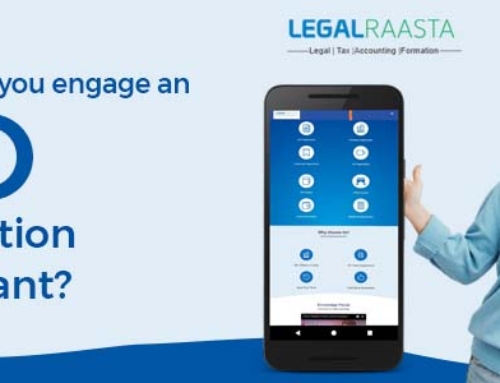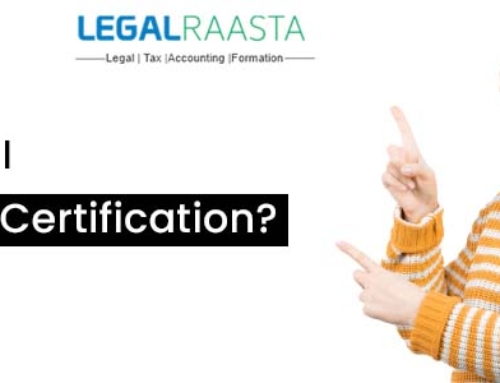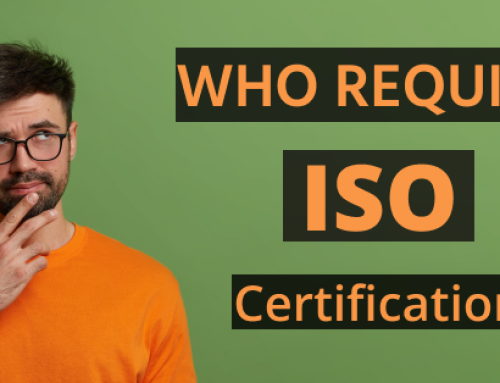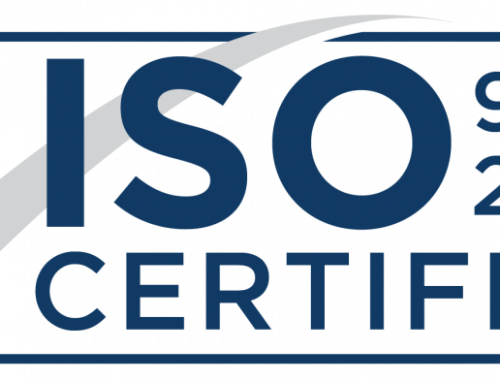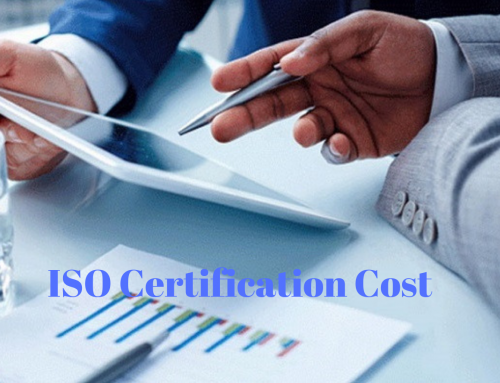ISO is the set of a framework that helps you to run your business effectively. It is considered as an independent, non-government organization and the members of which are the standards organization of the 168 member countries. It is the world’s largest developer of voluntary international standards and facilities world trade by providing common standards between nations. So, this ISO certification is a proof from a third party that you can comply with an ISO management standard. Credibility can be increased through ISO standards. Not only this, but over 20 thousand ISO standards have been set to cover everything from manufactured products and technology to food safety, agriculture and healthcare.
Significance of ISO standard
Contents
- Significance of ISO standard
- Benefits of ISO standard
- Economic Benefits
- Business Benefits
- Consumer Benefits
- Government benefits
- Language usage
- Standardization Process
- Financing of ISO
- List of ISO standard
- Quality based
- Industry-based
- Safety and security-based
- General Management based
- Health and Medical based
- Environment and Energy based
- Information and technology-based
- Services based
- It helps to increase productivity while minimizing errors and waste.
- It enables the products from different markets to be directly compared and they facilitate companies in entering new markets and assist in the development of global trade on a fair basis.
- The different types of standards serve to safeguard consumers and the end-users of products and services, ensuring that certified products conform to the minimum standards set internationally.
Read more: Procedure of ISO certification in India and the Importance of ISO 9001 in India
For more, you must follow our blog.
Benefits of ISO standard
Given below are the benefits of ISO standard:
-
Economic Benefits
According to the research of many countries suggested that these standards help to boost the economy. In U.K, $8.2 billion is thought to have been contributed to annual growth in Gross Domestic Product (GDP). Whereas in Canada, the figure thought to have been injected into the economy since 1981 is said to be around $91 billion.
-
Business Benefits
- It cuts cost through improvement in systems and processes
- Through ISO there is an increase in customer satisfaction with improvement in safety and quality
- It enhances the ability to access new markets is also a benefit as a product and services can be compatible
- Reduction in the impact on the environment
-
Consumer Benefits
- Raise consumer confidence when they see the International standards logo, trusting that the product or service is safe and reliable as well as of good quality.
- Increase confidence when it comes to particular aspects of products is key too such as toy safety.
- Broaden the process of creating and writing International standards.
-
Government benefits
Following are the benefits to the government:
- The opinion of experts of ISO standard teams and groups have meant that when regulations are created, their opinions and skills can be relied upon
- An Opening in global markets has no doubt been a key benefit; these standards have meant that the movement of goods, services, and logistical technologies are now compatible with making trading easier but also safer too.
Language usage
Following are the three official languages of the ISO standard:
English
French
Russian
Standardization Process
It is the stage of a long process for publishing that commonly starts with the proposal of new work within a committee. Given below are the abbreviations used for making a standard with its status:
- PWI – Preliminary Work Item
- AWI – Approved new Work Item
- NP or NWIP – New Proposal / New Work Item Proposal
- WD – Working Draft
- CD – Committee Draft
- FCD – Final Committee Draft
- DIS – Draft International Standard
- FDIS – Final Draft International Standard
- PRF – Proof of a new International Standard
- IS – International Standard
Financing of ISO
Following are the combination from which ISO is basically funded:
- The organization who is managing the specific projects or loan experts to participate in the technical work.
- Subscriptions from members bodies that should be in proportion to each country’s gross national product and trade figures.
- Sale of ISO standard.
List of ISO standard
-
Quality based
| ISO Standards | Specification | ||
|---|---|---|---|
| ISO 10004:2012 | Quality management — Customer satisfaction — Guidelines for monitoring and measuring | ||
| ISO 10006:2017 | Guidelines for quality management in projects | ||
| ISO 13485:2016 | Medical devices — Quality management systems — Requirements for regulatory purposes | ||
| ISO 18091:2014 | Quality management — Guidelines for the application of ISO 9001:2008 in local government | ||
| ISO 21001 | Quality management systems — Specific requirements for the application of ISO 9001and IAEA GS-R requirements by organizations in the Supply Chain of the Nuclear Energy sector | ||
| ISO 29001 | Petroleum, petrochemical and natural gas industries — Sector-specific quality management systems — Requirements for product and service supply organizations | ||
| ISO 9001:2015 | Quality management system requirements | ||
| ISO/IEC 80079-34 | Explosive atmospheres — Part 34: Application of quality systems for equipment manufacture | ||
| ISO/TS 17582: 2014 |
|
||
| ISO 22163: 2017 | Railway applications — Quality management systems-Particular requirements for the application of ISO 9001:2015 in the rail sector |
-
Industry-based
| ISO standards | Specification |
|---|---|
| ISO 14298: 2013 | Graphic technology – Management of security printing processes |
| ISO 15378: 2017 | Primary packaging materials for medicinal products – Particular requirements for the application of ISO 9001:2015, with reference to good manufacturing practice (GMP) |
| ISO 16000- 40 | Indoor air – Part 40: Indoor Air Quality Management System |
| ISO/TS 22163: 2017 | Railway applications – Quality management system – Business management system requirements for rail organizations: ISO 9001:2015 and particular requirements for application in the rail sector |
-
Safety and security-based
| ISO Standards | Specification |
|---|---|
| ISO 22000 | Food safety management system-Requirements for any organization in the food chain |
| ISO 10377: 2013 | Consumer product safety — Guidelines for suppliers |
| ISO 10393: 2013 | Consumer product recalls — Guidelines for suppliers |
| ISO 18788: 2015 | Management system for private security operations |
| ISO 22004: 2014 | Food safety management systems — Guidance on the application ofISO 22000 |
| ISO 22301: 2012 | Societal security — Business continuity management systems |
| ISO 24518: 2015 | Activities relating to drinking water and wastewater services — Crisis management of water utilities |
| ISO 28007-1: 2015 | Ships and marine technology — Guidelines for Private Maritime Security Companies (PMSC) providing privately contracted armed security personnel (PCASP) on board ships (and pro forma contract) |
| ISO 39001: 2012 | Road traffic safety (RTS) management systems |
| ISO/DIS 34001.4 | Security and resilience — Security management system for organizations assuring authenticity, integrity, and trust for products and documents |
| ISO/DIS 45001 | Occupational health and safety management systems |
| ISO/IEC 80079-34: 2011 | Explosive atmospheres — Part 34: Application of quality systems for equipment manufacture |
| ISO/NP 35001 | Laboratory biorisk management system |
| ISO/TS 34700: 2016 | Animal welfare management — General requirements and guidance for organizations in the food supply chain |
-
General Management based
-
ISO Standards Specification ISO 30401 Human resource management — Knowledge management systems ISO 34101-1 Sustainable and traceable cocoa beans — Part 1: Requirements for sustainability management systems ISO 41001 Facility management: Management system- requirements for guidance with use ISO 44001:2017 Collaborative business relationship management systems — Framework ISO 19600:2014 Compliance management systems — Guidelines ISO 30301:2011 Information and documentation — Management systems for records — Requirements ISO 30302:2015 Information and documentation — Management systems for records — Guidelines for implementation ISO 37001:2016 Anti-bribery management systems — Requirements with guidance for use ISO 37101: 2016 Sustainable development in communities — Management system for sustainable development — Requirements with guidance for use ISO 55001:2014 Asset management — Management systems — Requirements ISO 55002:2014 Asset management — Management systems — Guidelines for the application of ISO 55001 ISO/AWI 50501 Innovation management – Innovation management system – Guidance -
Health and Medical based
| ISO Standards | Specification |
|---|---|
| ISO 13485: 2016 | Medical devices — Quality management systems — Requirements for regulatory purposes |
-
Environment and Energy based
| ISO Standards | Specification |
|---|---|
| ISO 14002-1 | Environmental management systems — Guidelines for applying the ISO 14001 framework to environmental aspects and environmental conditions by environmental topic areas |
| ISO 50001:2018 | Energy management systems — Requirements with guidance for use |
| ISO 14001:2015 | Environmental management systems — Requirements with guidance for use |
| ISO 14004:2016 | Environmental management systems — General guidelines on implementation |
| ISO 14005:2010 | Environmental management systems — Guidelines for the phased implementation of an environmental management system, including the use of environmental performance evaluation |
| ISO 14006:2011 | Environmental management systems — Guidelines for incorporating ecodesign |
| ISO 50004: 2014 | Energy management systems — Provide guidance for the maintenance, implementation, and improvement of an energy management system |
-
Information and technology-based
| ISO Standards | Specification | |
|---|---|---|
| ISO/IEC 20000-2 | Information technology — Service management — Part 2: Guidance on the application of service management systems | |
| ISO/IEC 27003:2017 | Information technology — Security techniques | |
| ISO/IEC 27552 |
|
|
| ISO/IEC 20000-1 | Information technology — Service management — Part 1: Service management system requirements | |
| ISO/IEC 27001:2013 | Information technology — Security techniques — Information security management systems — Requirements | |
| ISO/IEC 27010:2015 | Information technology — Security techniques — Information security management for inter-sector and inter-organizational communications | |
| ISO/IEC 27013: 2015 | Information technology — Security techniques — Guidance on the integrated implementation of ISO/IEC 27001 and ISO/IEC 20000-1 | |
| ISO/IEC 90003:2014 | Software engineering — Guidelines for the application of ISO 9001:2008 to computer software | |
| ISO/IEC DIS 19770-1 | Information technology — IT asset management |
-
Services based
| ISO Standards | Specification |
|---|---|
| ISO 21101:2014 | Adventure tourism — Safety management systems |
| ISO 24518:2015 | Activities relating to drinking water and wastewater services – Crisis management of water utilities |
| ISO 20121: 2012 | Event sustainability management systems |
| ISO/IEC 20000-1:2011 | Information technology — Service management |
| ISO/WD 24526 | Water efficiency management systems – Requirements with guidance for use |
Hurry up! Fill ISO online with Legal Raasta to follow the simple and right path towards quality management. Give us a call at 8750008585 and send your query on Email: [email protected]
Related Articles:
5 Steps for ISO registration in Bangalore

